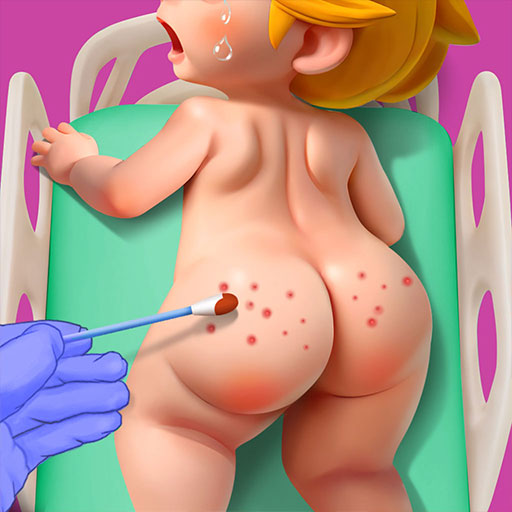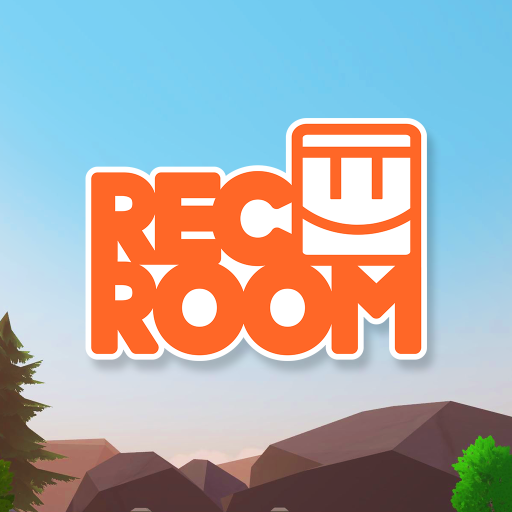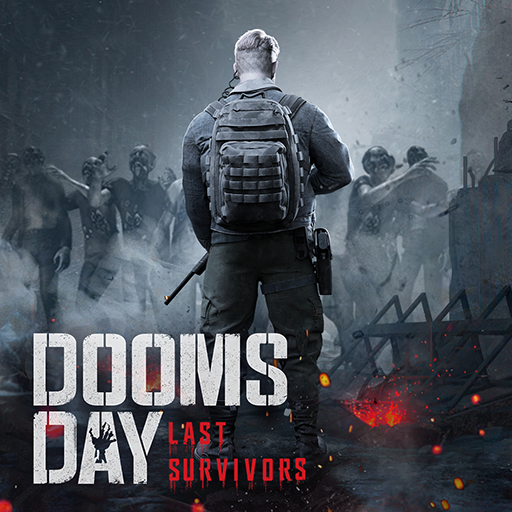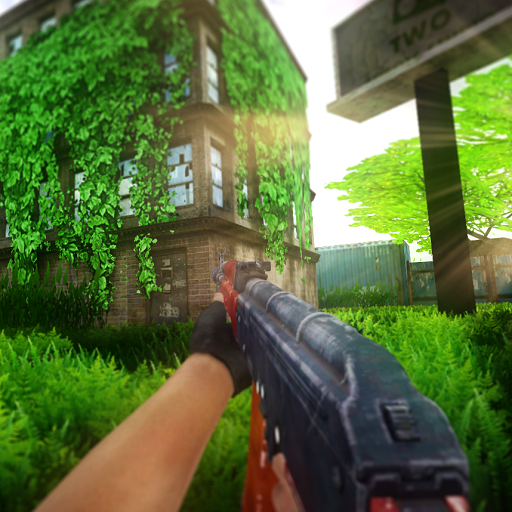Is the simulation hospital game fun? Regarding this question, today I bring you a review of the simulation hospital. By introducing some of the game's features and mechanisms, I hope to help players resolve their doubts. In the game, the player is a hospital administrator, responsible for managing all big and small matters of the hospital, organizing them, and ensuring normal daily operations. The game includes a rich variety of gameplay, so let's take a closer look together!
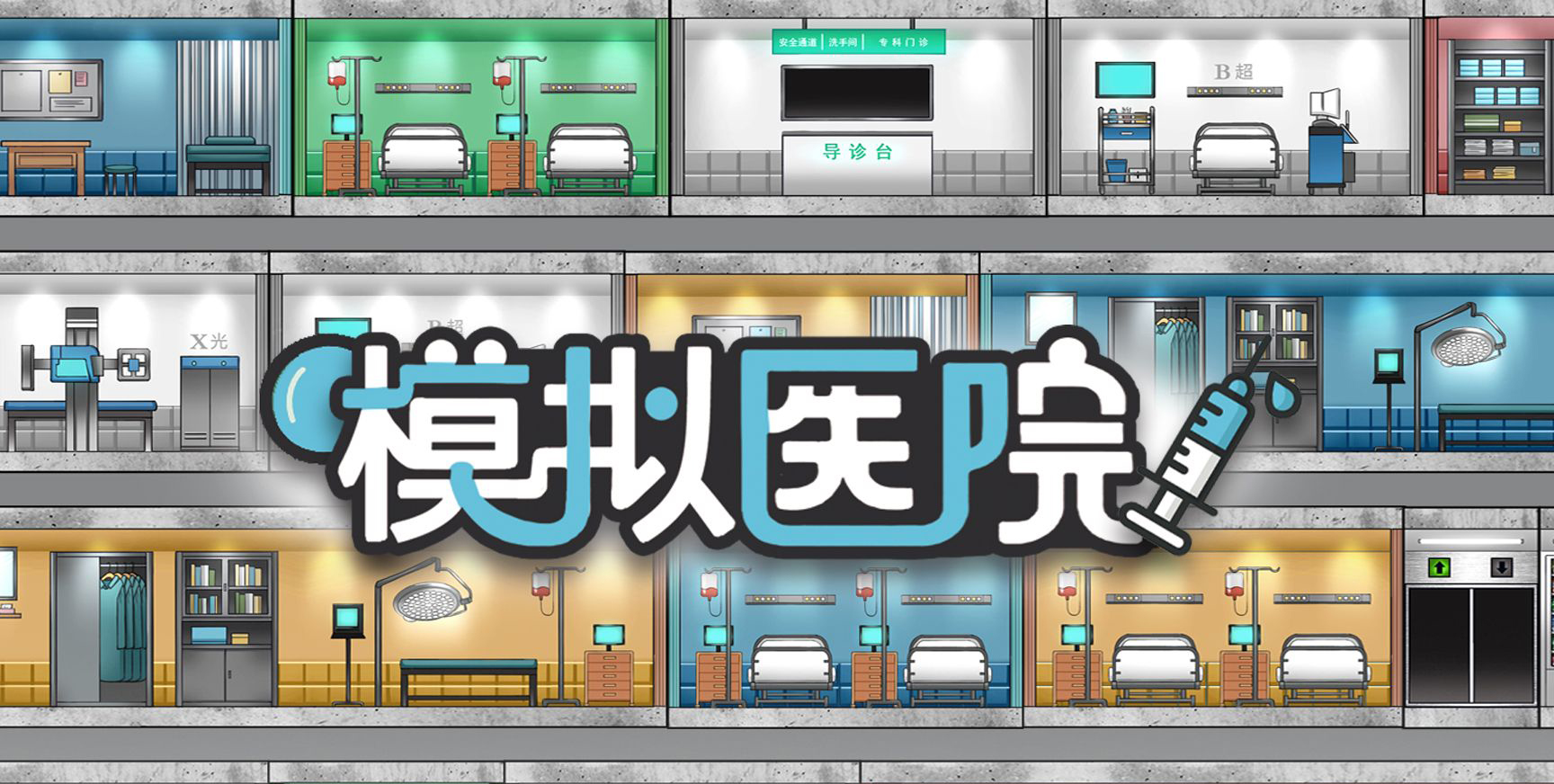
To enhance the player experience, the game realistically recreates the medical process through animation. When patients come to the hospital, they first register, then go to the corresponding clinics for diagnosis based on observation, auscultation, inquiry, and palpation. Doctors will issue prescriptions or other documents according to the patient's condition, after which the patient can pick up medication or be admitted for inpatient care. Each part of the process must proceed in a tense yet orderly manner. If there is congestion, patients may become dissatisfied, affecting the hospital's reputation. During the diagnostic process, the doctor's diagnostic skills are very important. A misdiagnosis can prolong the patient's illness, leading to dissatisfaction.
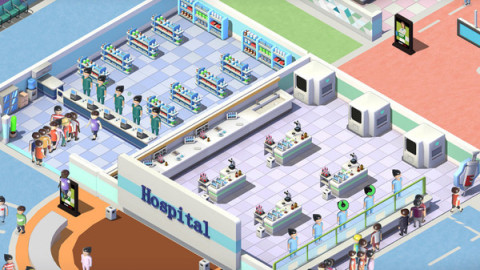
Doctors are certainly important, but the hospital also needs professionals in many other positions. Therefore, the player needs to conduct periodic recruitment at certain times, such as hiring nurses and administrative staff. The number of hires is also something to pay attention to; if there are too few staff members and too many patients, work hours and pressure will increase, and employees may become dissatisfied, resulting in low efficiency. At this point, adding facilities like TVs and relaxation areas in the hospital not only helps to soothe patients' moods but also greatly alleviates the work pressure on staff. Additionally, regularly giving bonuses to employees during holidays can serve as an incentive, significantly changing their work attitudes.
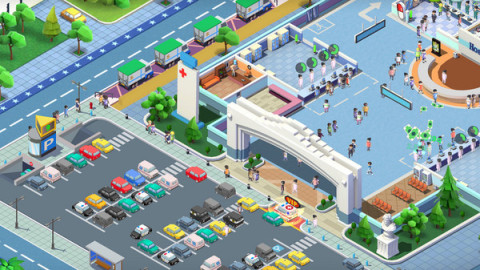
In the later stages of hospital development, I suggest that players invest some funds into a monitoring system. This part can analyze patients, for example, if there are more pediatric patients, the system can promptly feedback to the relevant hospital staff, allowing for adjustments. This not only ensures good treatment for patients but also increases satisfaction. Another critical aspect is the regulation of the pharmaceutical system, including drug inventory and pricing, which is very beneficial for hospital construction.
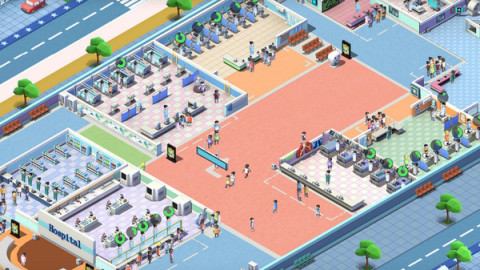
Regarding the question of whether the simulation hospital is fun, I have provided a review of the simulation hospital. The game has attracted the attention of many players due to its realistic hospital management model. From initial game planning to equipment procurement, employee management, and even some strategic guidelines for running the hospital, it tests the player's ability to manage the big picture and is definitely worth experiencing.






